The likelihood of a domestic coach taking charge of the national football team has significantly increased, with a focus on building the system rather than short-term results.
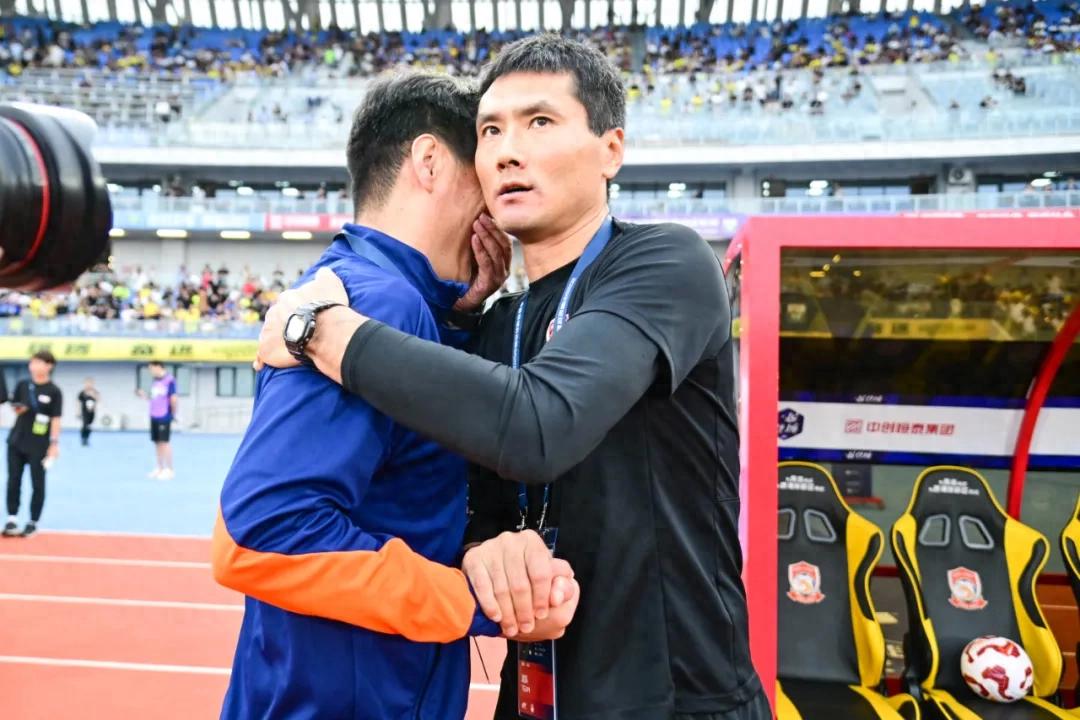
Reporter Chen Yong reporting. There is still no update on the planned November national team training camp, but the coach selection process has definitely reached its final phase. Reports show that the possibility of a domestic coach leading the national team is growing, with Shao Jiayi among the leading local candidates.

The national team concluded its round of 18 campaign on June 10, the Chinese Football Association announced the coach selection on September 5, and registration closed on September 20. Due to time constraints, no training camp was arranged for October.
Over the past month, the Chinese Football Association has thoroughly reviewed the preparation plans for various national youth teams for the 2026 season, especially for lower-level teams such as the U23 national team (2003 age group for the Asian Games), U19 national team (2007 age group), and various youth squads and selection teams. For example, the Chinese youth team will return to the Toulon Tournament, and the youth team (2010 age group) will compete again in the Montaigu Cup. Regarding the senior national team, the association has also made full preparations aiming to hold a training camp in November if possible.
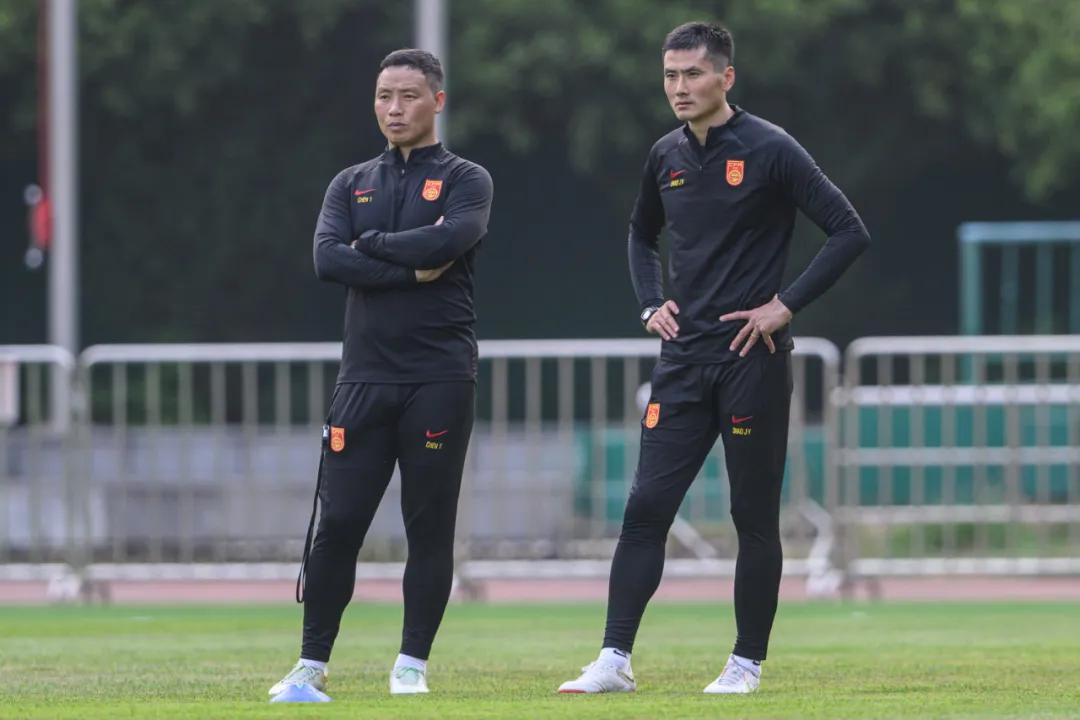
▲ Shao Jiayi and Chen Tao, who have served as assistant coaches for the national team, are currently coaching in the Chinese Super League.
Whether the national team holds a training camp is closely linked to the coach selection process. Reports indicate that two coaches have entered the final stage, and there is news that one of them is a domestic coach.
Our sources reveal that multiple domestic coaches have applied during the national team coach selection, including at least three Chinese Super League local head coaches such as Shao Jiayi. Of course, the Chinese Football Association has also received many foreign coach applications and has shortlisted some candidates.
Domestic and foreign coaches represent two different directions in the selection process. Current information suggests that the likelihood of a domestic coach leading the national team has greatly increased, contrary to earlier expectations that foreign coaches would have a higher chance.
Regarding the national team’s November training camp, considering the U23 team’s preparation requires calling up many young players and that the senior team has relatively ample preparation time ahead, the training camp is not absolutely necessary. Especially if a domestic coach is ultimately chosen, it would be very difficult to hold a training camp in November since the 30th round of the Chinese Super League will not have been completed yet. However, if a foreign coach is selected, a short-term training camp could be organized to help the coach get familiar with the team, and after the U23 Asian Cup concludes, the senior team can start regular training.
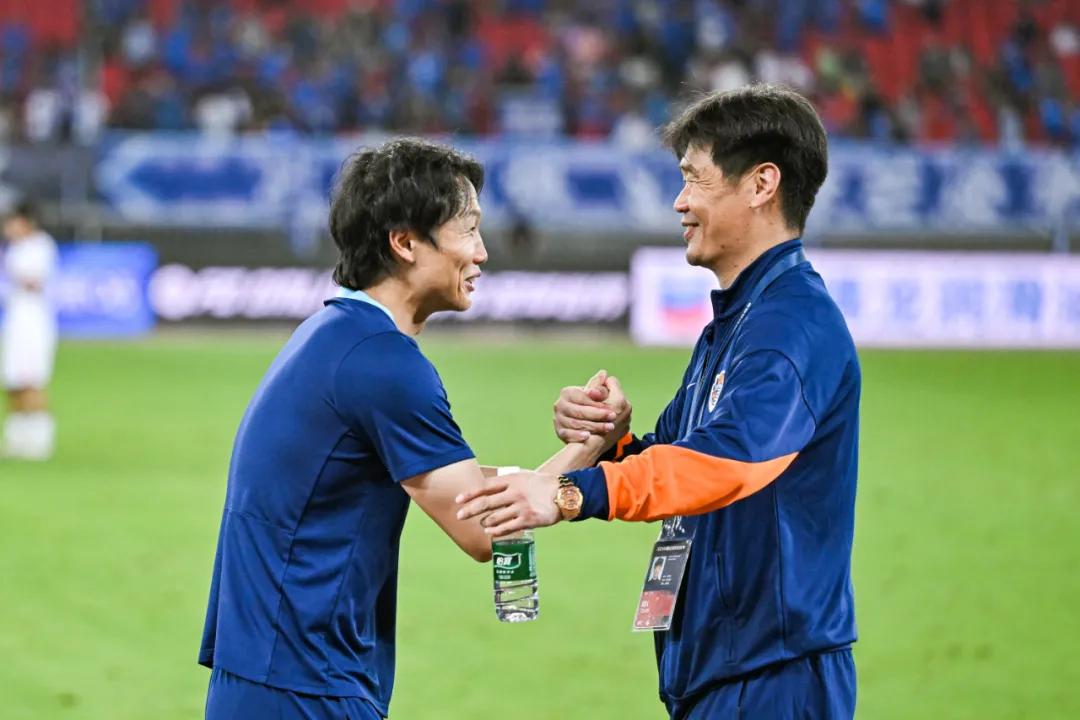
▲ Wuhan Three Towns’ interim head coach Deng Zhuoxiang and Qingdao Hainiu’s head coach Li Xiaopeng will face each other again today.

Whether a foreign or domestic coach is chosen, what matters more for the national team in the upcoming World Cup cycle is the team’s development rather than immediate results. Simply put, the team’s strength is unlikely to improve substantially by the 2030 World Cup cycle, and qualifying will remain very difficult. Focusing solely on qualification could lead to multiple problems, including pressure, youth development challenges, and public opinion issues.
For the new national team coach, especially if a domestic coach is selected, what we need is a systematic construction plan that covers the following aspects:
First, the coach must be given enough space and freedom, especially by avoiding excessive pressure. In fact, the difference in coaching ability between domestic and foreign coaches is far less significant than their capacity to handle pressure, including pressure from higher authorities and fans. Foreign coaches are less affected by this, but domestic coaches find it harder to bear, so absolute support is essential.
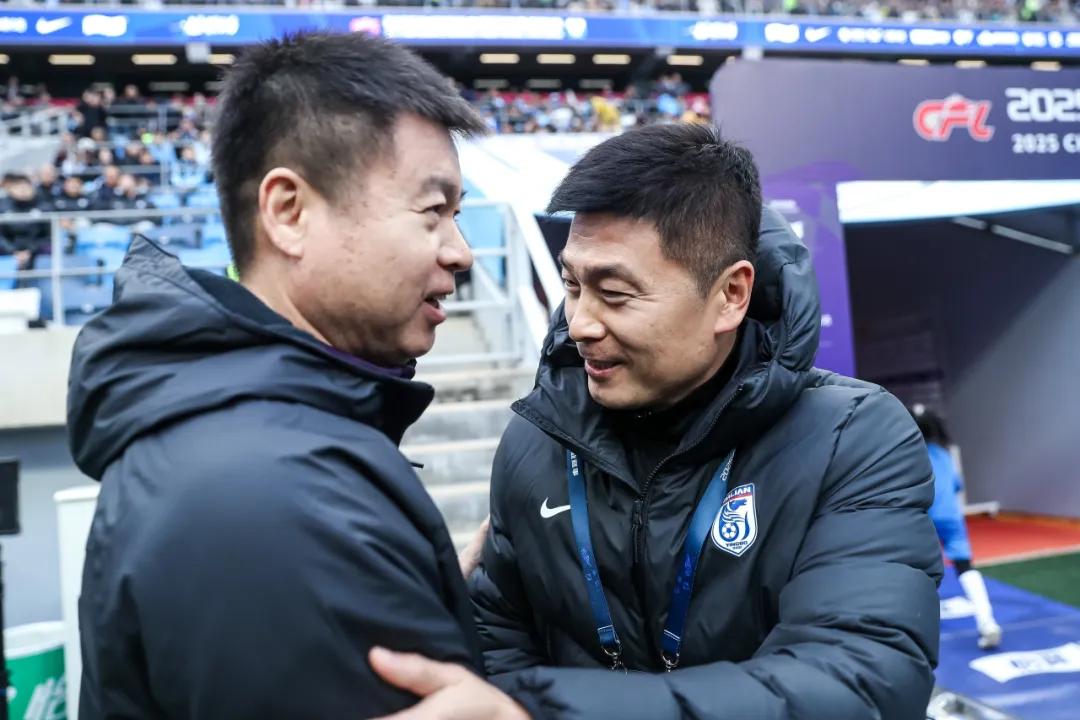
▲ Tianjin Jinmen Tiger’s head coach Yu Genwei and Dalian Yifang’s head coach Li Guoxu.
Second, the strategic goals of the national team system must be clearly defined, such as focusing the entire national team hierarchy on high-quality matches and youth development. Besides thorough communication with the new head coach, it is even more important to clearly convey this strategy to the public to gain understanding and support from the media and fans, thus providing the team with more room to grow.
Third, maintaining a strong mental attitude is crucial. This is key to gaining public understanding and support. Therefore, the national team must show 100% effort in every match, which should also serve as an important measure to evaluate the effectiveness of the team’s development.
Fourth, the relationship between the national team and the domestic league should be systematically organized. It is recommended to set a summer break from mid-July to early August. Future national team training plans should include two parts: first, flight training camps in January and late July focusing more on tactical drills to prepare for friendly and official matches; second, no pre-training camps on the five international match windows in March, June, September, October, and November, allowing a 6 to 7 day gap between league and national team matches so players can maintain good form naturally. This approach balances tactical training and high-quality competition.
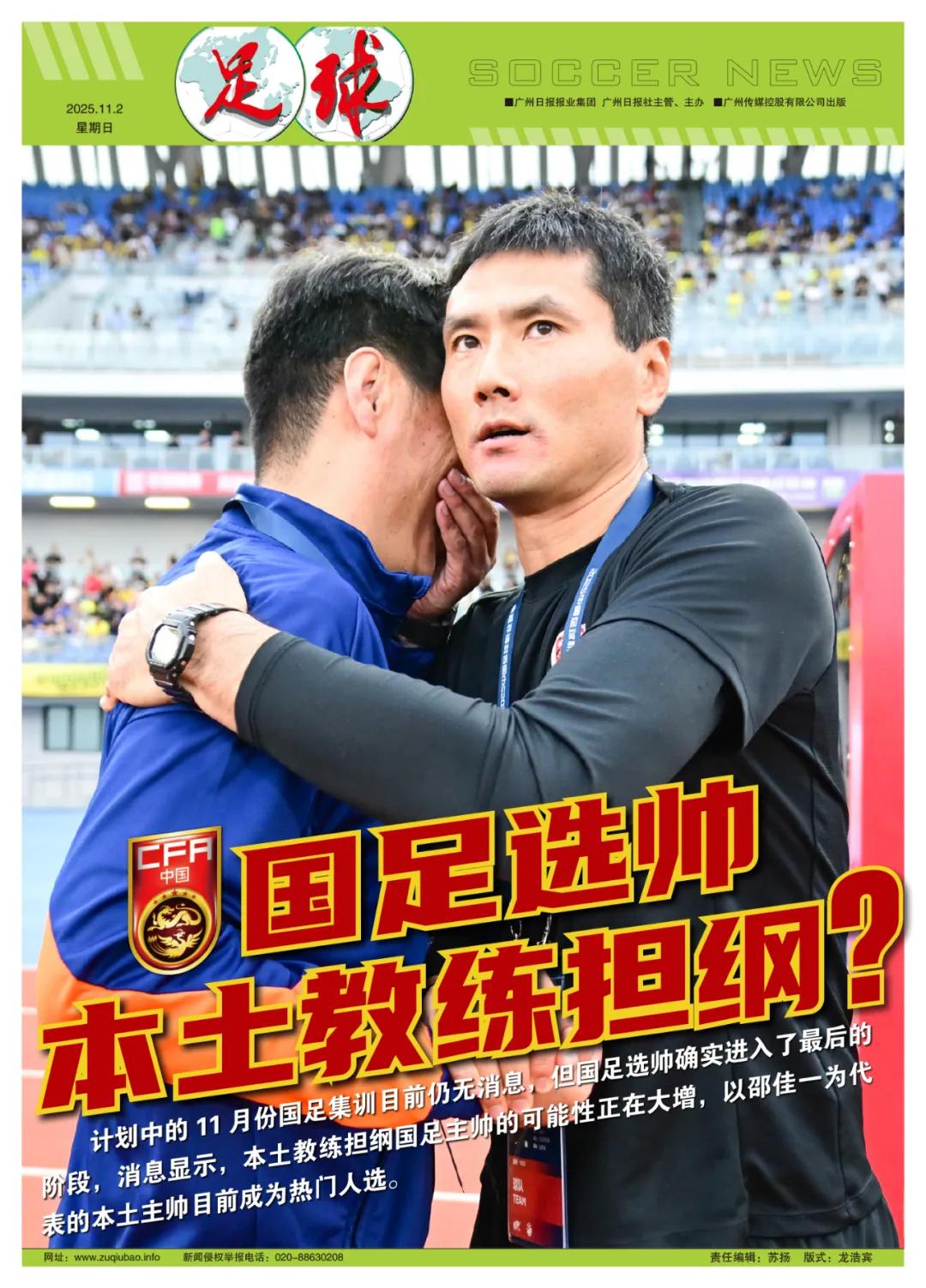


Wonderfulshortvideo
Incredible in qualifying for Belgium 🇧🇪⭐️


User PlaymakerHub has posted a video.


pep guardiola interview pep guardiola press conference slot interview slot press conference


User PlaymakerHub has posted a video.


messi camp nou messi visiting camp nou messi spotify camp nou messi ig post messi instagram post


Panathinaikos Fans at home during match against PAOK 🤍💚


RSC Anderlecht Fans at home after victory against Club Brugge 🤍💜








 Links
Links
 Contact
Contact
 App
App


